|
Recently, our Chamber President and Economic Development Director sat down with some local business leaders to discuss the challenges and advantages of today's business climate, and what makes Washington a great home for their business. Meet the Panel What trends do you notice in industrial development in the area? Have you had to adapt to a recovering economy since 2008? Maune: We’ve had to consolidate the operations for leaner operations and to be more competitive in our market. I think some of the challenges is that “Amazon” thought process is what we're always up against. “I wanted it yesterday”, quick turnaround. We do a lot of online orders; we're seeing that part of our business increase online. People trying to place those orders on their phones. That's become a bigger part of us. Sallaberry: Every business is becoming a technology business. Technology has to be ingrained and embedded into everything you do these days. Whether it's sales, marketing, manufacturing, or even the way you interact with customers, it’s becoming an important piece. James: Global capacity out there is certainly high, we compete across the globe and that's not something commonly known about our product. We move with the economy. Our industry in 2008, 2009 and 2010 dropped 50% revenue. The global competition for us is even more prevalent now post-recession versus pre-recession. The other thing is speed. Even within our product, it takes us six to eight months to execute an order from the time we quote until we deliver. Archer: We've been through quite a ride since 2008. It seems that most any company had survived out of that has embraced some level of how we make everything as lean as possible and expand, but only expand as much as needed. Not necessarily looking at what you need 10 or 15 years from now, but what do I need for the next year? Melton has been lucky. In the last two years, we've made a commitment to build a large building that'll take care of us for the next 15 or 20 years. Just in the past 10 years, how has technology changed your business from operations to company culture? Sallaberry: Our customers are actually demanding a higher level of technology embedded into the equipment we make. They want to maximize their productivity and minimize their downtime, just like us. That’s something that wasn't even on our radar ten years ago. Archer: Over the last 10 years, the United States has gone from being the sixth most productive country to right at the top one or two spot as most productive country in terms of producing. Automation is directly related to some of those results. With the amount of technology and stuff that’s out there, it's hard to find people that know everything you need for them to know to hire them anyway, so you have to train. If you're going to train them anyway, then you might as well hire the best candidate for the position no matter the training. We're more about looking for somebody who's going to be a cultural fit for our company. James: There should be no fear from automation. Anytime we can take non-value-added work out of some part of our business, we can take those hours and put it adding value somewhere else in our business. If we automate something away, no one's losing their job. We need great people that can run our business. We used to hear the word employee morale talked about more than culture. If someone's happy that's great, but at the same time it questions are they performing in other areas as well. It's not just about employee happiness though, our employee morale is a mindset. We're competing around the globe and it's easy being mediocre, but it's not good enough. Maune: For Hodges, we went through a huge hiring in the last year and added 50% new people to the plant. We went from 60 to 120 employees. It's been a huge change to our culture, but we’ve been trying to get that culture back. That was a big influx of a lot of new people there. We're realizing that our culture has to stay. If you put the people first, the rest falls in place. One of the things we did during this is we started a part time, second shift and it is four to nine Monday through Thursday. We're getting people who have jobs and they're working night shifts. They are extremely loyal people because they have amazing work ethic. James: We have about 475 employees in our business and I hand write 475 birthday cards a year. It's just the small things. How do you make someone try to feel a little extra special? Birthdays, weddings, graduations, the things that matter to our employees have to matter to us to. We've kind of forgotten how to write personal notes and how to do personal touches like that. 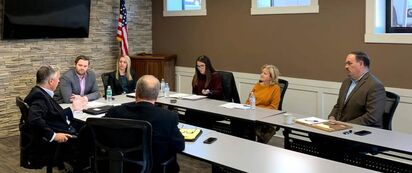 Have any of your businesses had to change daily operations because of the changing landscape of the workforce? What are some ways you’ve addresses the workforce challenge? Sallaberry: If you go to StateTech and somebody who's graduating in December and you're going there in September to look for those people, they're gone already. They've already made a decision. We’re talking to people in September who are going to graduate in May or June or July and they already have two offers. We're filtering that down to the high schools now into STEM programs. Both high schools have STEM programs and we're bringing those kids on to work with us in the summers and part time on holidays for the experience, getting to know each other, letting them see what we do and some of those kids, even at the high school level are doing some great work. Archer: We probably do two or three tours a year to middle school students and beginning high school students and STEM programs, as many people as we can bring through our doors. Some of the tours are targeted like a woman in STEM. We need to bring manufacturing into the schools to see opportunities. There's so many opportunities out there that need to be showcased to everyone. When we find someone that we like, who shares our values and respects our values of hungry, humble and smart. We want to advance that person, so that they stay with us for a long time. James: We have the ability to recruit engineering, sales, and marketing all within the metro area because of our community’s location. We have local students in all of our avenues. I've been in some form of manufacturing for 32 years and it's the first time that we sit back and realized our limiting factor to our growth is not capital, tools, equipment, material or the office area, it's do we have the men and the women to build the products to take care of our customers. Maune: At Hodges I still see promoting within, going up the ladder and not having to have those degrees, but putting that best foot forward, and it opens so many doors. What are some federal, state, or local programs your companies have used to assist in growth? What other opportunities would you like to see available? Sallaberry: These days it’s the training that we like to see more of but we're taking advantage of the WorkKeys program. We've got four employees that have been through the industrial technology program at East Central College. We've got two in the program now. It goes back to promoting from within and giving employees that opportunity. A person that wants to learn and improve will advance. We make work schedules flexible enough so that our employees can go to school while also working. James: We've taken advantage of industrial revenue bonds and the state training program in the past. We're partnering with the East Central College right now and a certification for some of our supply chain group. We have an instructor from East Central College in our building every Tuesday and Thursday morning. They start class at 6:30 a.m. Making education and training easily accessible is just one way to continue to refresh our program. Archer: We're in the midst of a large construction project and it’s been very beneficial partnering up with the city and the state for all the things that we're working on together to make that come about. The best part of is that it's all incentive based. It's based on us hiring more people. We hire more people, then, the city and the economy benefits, and then we get a benefit from the inside. If we don't grow, we don't get the people, then it didn't cost the city anything. It's a mutually beneficial thing. Those types of programs are lower risk but higher reward for the taxpayers. That's the best part about it. Those kinds of things don’t always get portrayed that way. Industrial growth is often seen as a catalyst to growth in other sectors (i.e. housing and retail). Do you think any future development could encourage industrial growth here? If so, what specifically could Washington benefit from? Archer: One of the things that would be helpful is more land. In order to build, land is needed to get there. That's an interesting dilemma that everybody knows about, but it’s a limiting factor of companies coming in. If we are at a critical mass of companies, it'd be interesting to explore if it was possible to have some sort of incubator where we could start training new entrepreneurs, have them build some kind of simple thing that's more industrial related. We can potentially either collaborate or if it was the right opportunity, we could eventually merge with them, bringing them in. Sallaberry: When we want to think about growing industry in Washington and we talk about other sectors, I’ve noticed that there has been a growing diversity of manufacturing sectors represented here. A greater focus placed on certain growth sectors that might be interested in a small manufacturing location in a relatively lower cost environment could really expand what has been started here in Washington. Maune: I think having the retail and good restaurants adds so much in a deciding factor as to whether or not to grow in a certain area. I think what Downtown Washington Inc. has done with the downtown scene is amazing. They have made the downtown feel alive and vibrant. The area gives the whole town a strong feel when you come across the downtown being strong, the rest of the city seems to grow along with it. 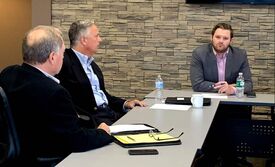 Even with some of the development hurdles we’ve discussed, we’ve seen industrial development growth in the region over the past few years. What is influencing industries to continue to make investments in this area? Sallaberry: The availability of high-quality workers, good skill levels, great work ethic that the area is known for was the biggest draw for us to move our headquarters out here. Clemco was at a sort of an inflection point with a little bit of a turnover in our shareholder group, coincided with being able to vacate very high rent properties in the downtown financial district of San Francisco. Trade that in for Washington, Missouri, it was kind of a financial no-brainer. Maune: For Hodges moving our headquarters to Washington definitely was a financial gain moving here from the East coast. Enduro Binders produces something similar to us. We can call them and say, “our machine is down” and they’ll respond immediately, “bring it on up here and we'll take care of you.” I think that's what makes Washington stand out. The relationships and comradery is so valued by the entire community. Archer: Transportation is also a pretty decent thing for us because we're in the center of the country. We're shipping products to the east and west coast. We don't have to go all the way across the country to get it there. James: Our location is one of the only two manufacturers West of the Mississippi that have any significance. Our competition is in the Southeast part of the United States and the East coast. It's a significant part of our cost to deliver a large power transformer. When we travel from here versus someone traveling from Virginia, Georgia or Pennsylvania, it's an advantage for us, which makes the Washington location a great place to be. Where do you anticipate the largest changes in the industrial sector in the next five years? Archer: There’s a laundry list of potential new changes that leads us all to answer some important questions: how much data do we really look at for a machine or for a company and how do we manage that sort of thing, how do we maintain different levels of cybersecurity, advanced cybersecurity, where is industrial internet going to take companies? What becomes difficult is figuring out what is something that is a newer technology that we need to embrace versus the next shiny thing to go chasing after. It’s not an easy thing certainly, but from our standpoint, it is staying focused on what made you successful and being open to these new elements and figuring out if those things work into what we're focused on. Sallaberry: Smart technology is coming our way and we'd better embrace it. Embrace the right ones, but we better embrace it. Whether it's incorporated into the equipment that we build or whether it's embedded into the processes that we employ to make that product, technology is going to play a huge role in whether we grow or whether we stagnate. James: We're adapting some of our design and manufacturing technologies to accommodate for new energies that are replacing coal. It's now cheaper to generate a kilowatt of electricity through a wind turban than a coal fired plant. It is 70% renewable energy. That's a market that we're having to adapt to and this is a different customer that we have to adapt to as well. I could probably hire a couple of hundred more people just for the renewables market right now. It's that hot in the United States right now. Maune: I think for us it's going to be technology while knowing our customers, trying to understand what our customers are going to want. That's going to be important for us. Trying to anticipate desires, but ahead of time what are they going to want next. If an industry was interested in looking in Washington, what would you highlight to help them make that decision? James: The quality of life and good work ethic in Washington makes it worth living and working here. Weg is really kind of new to business in the United States as a whole. We really got over here just within the past five years and Washington makes us want to continue to grow in the U.S. Archer: Companies within Washington support the community. There seems to be a lot of energy around making sure people get helped through service organizations that are added on as a component. Maune: The fact that we already have an industrial structure and diversity in manufacturing out here makes Washington a great place to be. We all can network with each other daily which is the spirit of Washington. Sallaberry: Corporations are recognizing a greater responsibility, being part of the community and giving back to the community. I'm not seeing many places in the country that have the active volunteerism that this community has. It makes this place different, which is why it’s great to live and work here. Everything else in the Washington area has so much going for it: the quality of life, the social scene in downtown, great schools, and health care, but it seems like the one missing piece is affordable, middle class housing. Comments are closed.
|
More from the Blog...
All
Archives
April 2024
|
-
323 W Main Street
Washington, MO 63090 -
(636) 239-2715
-
[email protected]


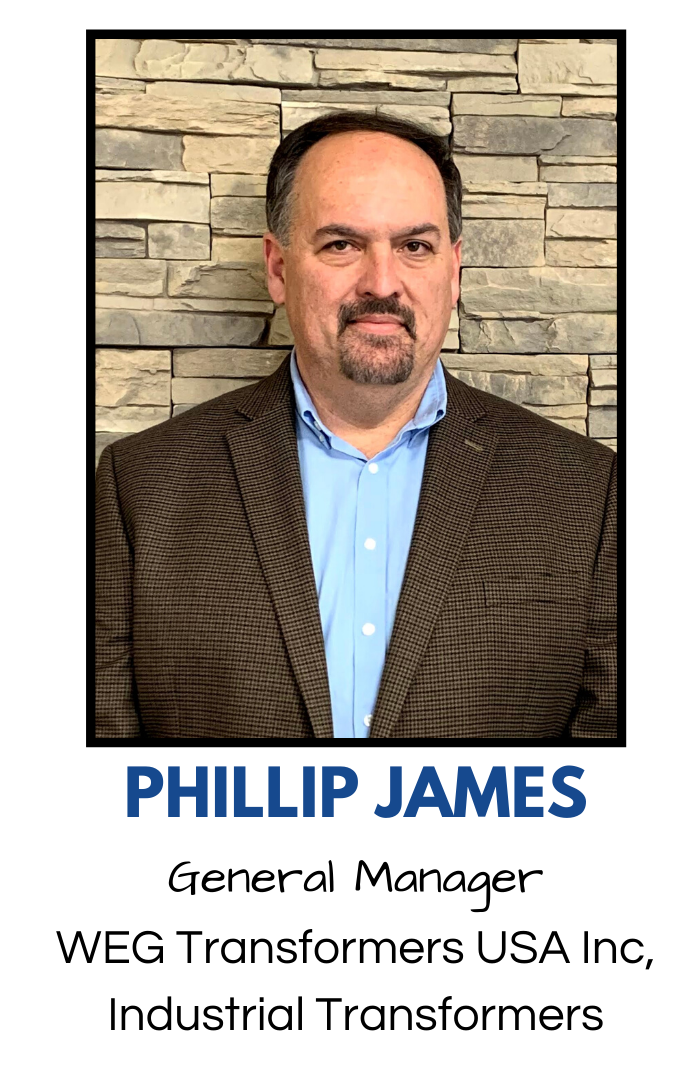
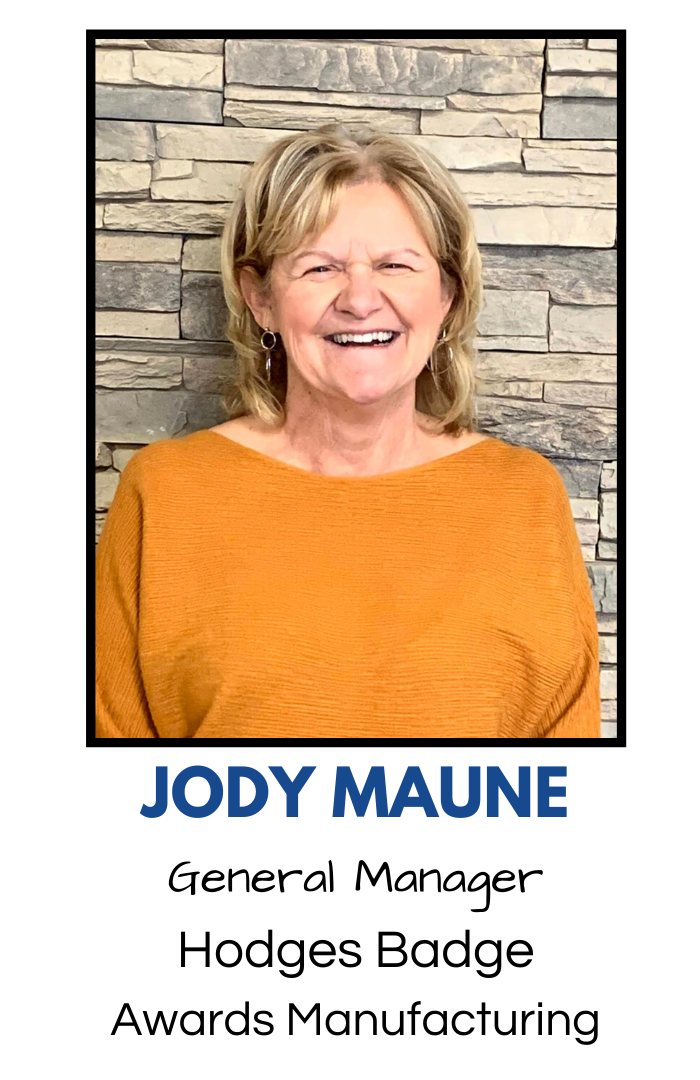
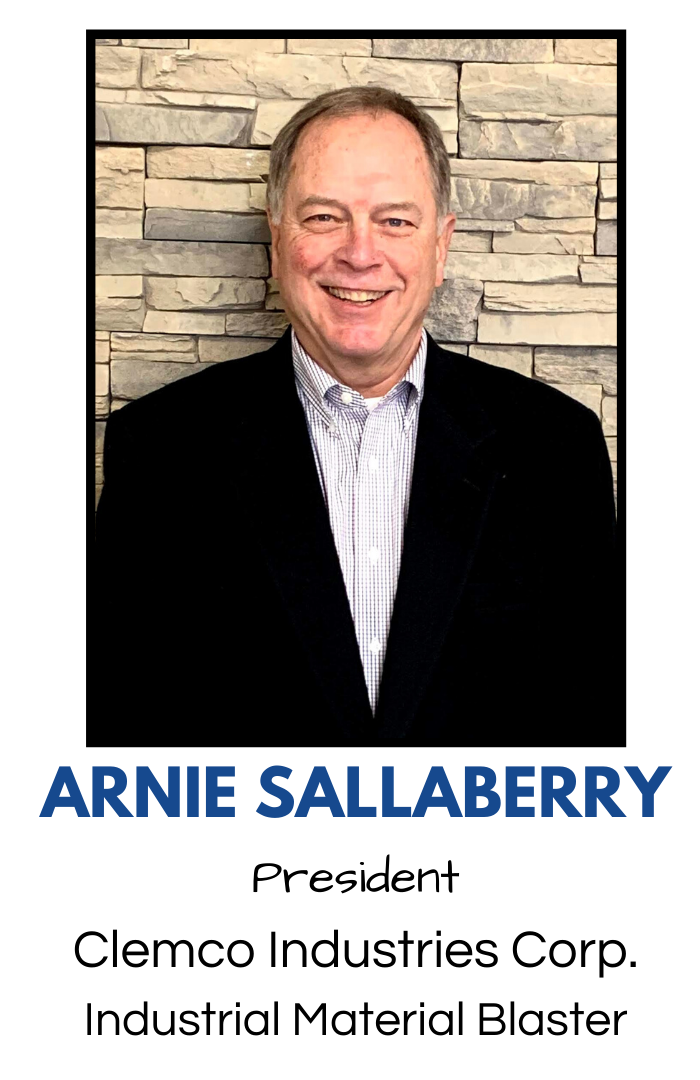
 RSS Feed
RSS Feed